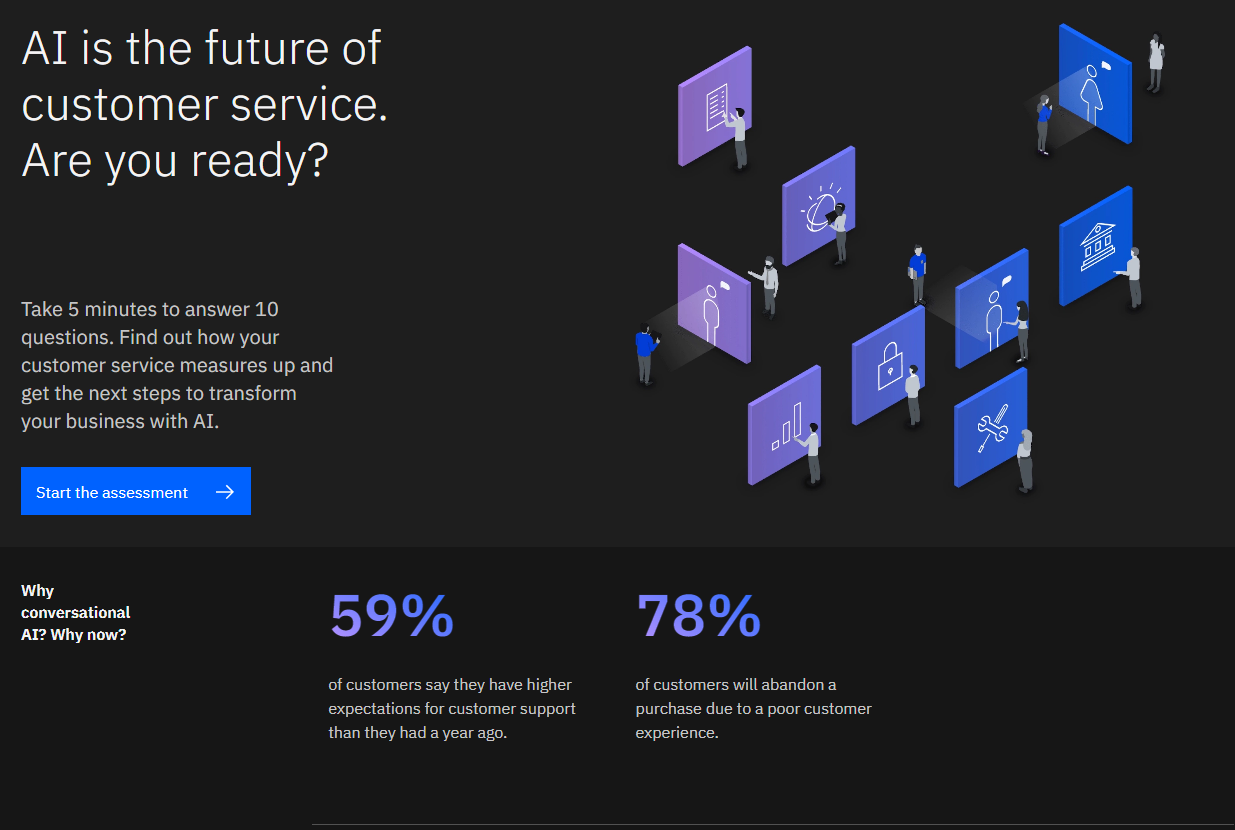Cambridge crowned UK’s most AI-ready city
The famous university city was found to have the highest number of AI-related jobs within a five mile radius


Cambridge has pipped Oxford to the post to be crowned the UK’s most AI-ready city, according to new data released by AI and analytics specialist SAS.
The famous university city came out on top of the company’s AI-readiness Index, which is compiled from seven criteria, including the number of AI-related MSc courses and job advertisements, tech meet-ups, and amount of investment from Innovate UK.
The research also takes into account R&D spend, five-year business start-up growth, as well as GDP per head, giving each city an index score out of 700.
Cambridge clocked up 415 points, and was found to have the highest amount of AI-related jobs within a five-mile radius, as well as a 43% five-year business growth rate and one of the highest volumes for research and development spend.
By comparison, Oxford scored 356 out of 700, with Manchester and Salford coming in third and fourth place respectively. Edinburgh, Birmingham, Bristol, Leeds, Coventry and Peterborough completed the top ten.
Collectively, the cities were found to have 1,392 AI-related jobs available, which SAS said indicates high demand for people with data skills.
RELATED RESOURCE

“AI, machine learning (ML) and data analytics are transforming the way businesses and other organisations operate, and the fact that so many cities are embracing it as a positive sign,” explained Glyn Townsend, senior director of Education Services at SAS for Europe, Middle East and Africa.
Get the ITPro daily newsletter
Sign up today and you will receive a free copy of our Future Focus 2025 report - the leading guidance on AI, cybersecurity and other IT challenges as per 700+ senior executives
“Many, such as Manchester and Salford, are outside London and the South East, which is good news for the government’s ‘levelling up’ plans.”
However, the data also revealed which parts of the UK are least prepared to utilise AI and benefit from potential jobs and investment. Seven of those least AI-ready cities were found to be in the devolved nations of the UK.
“Our research also shows large discrepancies between the most and least-prepared areas,” Townsend continued. “Size and the remoteness of the location might explain why some are lagging behind – but it’s important they’re given opportunities to get up to speed."
Townsend also highlighted the data talent gap in the UK, recommending that the country needs increase the talent pool with more opportunities for people to “upskill and reskill” instead of relying on graduates.
“Government figures show there are up to 234,000 vacancies for ‘hard data skills’, yet only a potential supply of 10,000 graduates per year,” he said. “We need to look to supplement this with clear learning paths and career progression for others too, such as Modern Apprenticeships, and continual learning.
“Businesses should also take real advantage of the apprenticeship levy, and the significant return on investment that training provides.”
Dan is a freelance writer and regular contributor to ChannelPro, covering the latest news stories across the IT, technology, and channel landscapes. Topics regularly cover cloud technologies, cyber security, software and operating system guides, and the latest mergers and acquisitions.
A journalism graduate from Leeds Beckett University, he combines a passion for the written word with a keen interest in the latest technology and its influence in an increasingly connected world.
He started writing for ChannelPro back in 2016, focusing on a mixture of news and technology guides, before becoming a regular contributor to ITPro. Elsewhere, he has previously written news and features across a range of other topics, including sport, music, and general news.
-
 Frustration as MITRE CVE program funding expires
Frustration as MITRE CVE program funding expiresNews The cyber database is invaluable to security teams the world over, helping flag the most urgent vulnerabilities
By Rory Bathgate
-
 AI-first partnerships: Unlocking scalable growth for business
AI-first partnerships: Unlocking scalable growth for businessChannel partners play a vital role in facilitating AI adoption, but there's more to offering support than simple integration
By Neil Sawyer